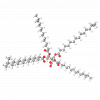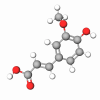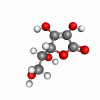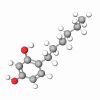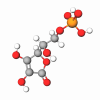It is well known that skin pigmentation is mainly affected by three major signaling pathways; α-MSH/MC-1R, ET-1/ETBR, and SCF/c-kit. Despite the identification of several pathways involved in human pigmentation, the melanocortin-1 receptor (MC-1R) has been consistently a representative determinant of pigmentation phenotype.
Another important pathway affecting human pigmentation besides α-MSH/MC-1R is ET-1/ETBR. Endothelin has been identified as a potent stimulator of the proliferation and differentiation of human melanocytes. Endothelin is indeed secreted by keratinocytes and stimulated by UVB radiation to evoke a melanocyte response characterized by proliferation and melanogenesis. In addition, Endothelins have also been implicated in the development of melanocyte dendricity.
In vitro and in vivo study results show that DermaPep™ W411 a peptide-based complex ingredient composed of Methyl undecenoyl leucinate; potent MC-1R specific antagonist, and Palmitoyl hexapeptide-36; a potent ETBR specific antagonist, works synergistically to inhibit melanogenesis in human skin. In vitro study results showed that both actives effectively inhibit UV-induced expression and production of tyrosinase, tyrosinase activity, and finally melanin production.
Methyl undecenoyl leucinate, an active ingredient of DermaPep™ UL, binds strongly to the MC-1 receptor, thereby antagonizing the α-MSH effects, and Palmitoyl hexapeptide-36, an active ingredient of DermaPep™ W650, binds to ETB receptor, thereby antagonizing ET-1 effects. Both peptides work synergistically to inhibit the expression of MITF to down-regulate melanogenic gene expressions and finally suppress melanin synthesis.